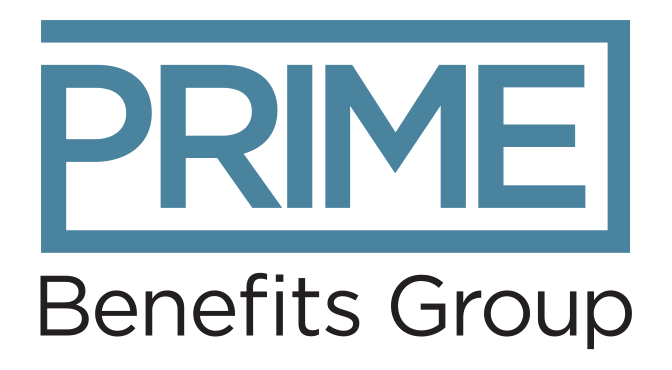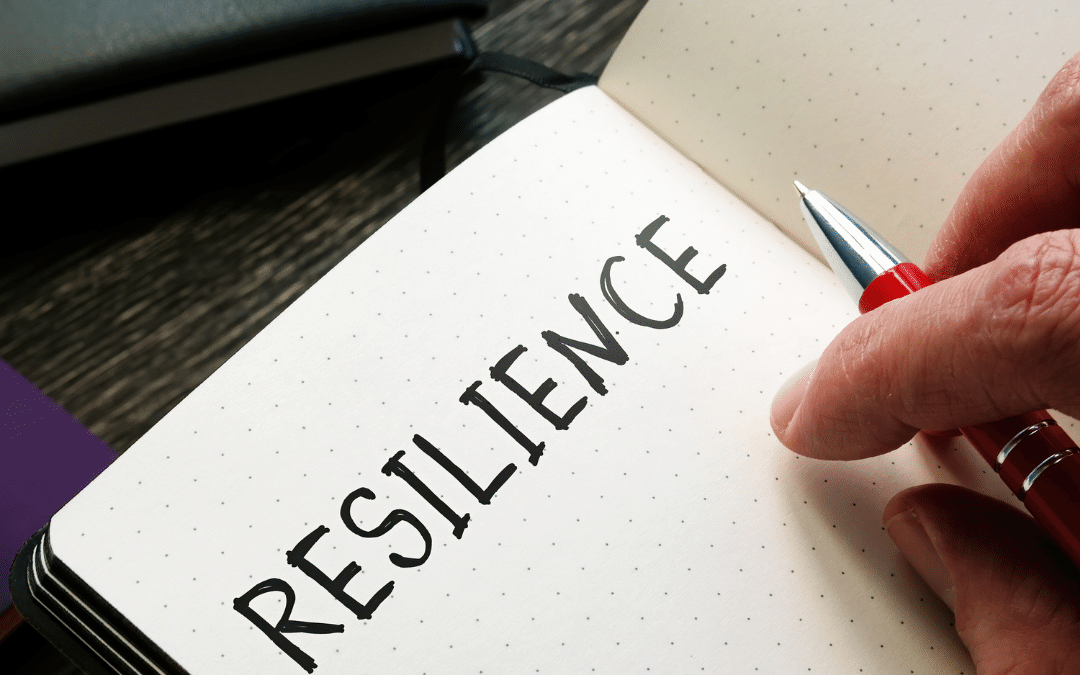- Have a question?
- 613-89-Prime (77463)
- 1-866-950-3667
- info@primebenefitsgroup.com
The Importance of Resilience Training in the Workplace


Understanding Resilience
Dealing with uncertainty and COVID-19 pandemic-related changes have tested our resilience both at home and in the workplace. We’ve had to find new ways to deal with life’s challenges and take a good hard look at our coping skills. Also known as resilience, it is our ability to withstand, adapt to, and recover from adversity and stress.
Captured perfectly in the famous Japanese proverb,
“Nana korobi, ya oki”, which literally means “fall down seven times, stand up eight”, it is our capacity to remain hopeful and strive toward our goals.
Emotional Reactivity
When a person has a setback, makes a mistake, or receives critical feedback, it can trigger emotions of anger, sadness, guilt, embarrassment, and even, fear. When our resilience is low, reactions to normal obstacles can become heightened, and we may disproportionately react to a situation or a person.
Our exaggerated reactions may lead to false assumptions, interpersonal conflict, and mistrust. These emotional reactions show up as observable behaviours that erode team collaboration and cohesion.
How a Lack of Resilience Shows Up in the Workplace
A lack of resilience could be seen as an avoidance to speak up in meetings, turn down opportunities to lead a project or find time to develop a career-enhancing skill.
These examples and more are reasons enough to introduce workplace resilience training.
Let’s take this example one step further. On the extreme end, a lack of resilience can cause a person to feel helpless and a victim of their circumstances. When in victim-mode, it is difficult to feel motivated, take responsibility and own up to mistakes.
In the workplace, these examples represent important self-awareness and professional development competencies. When resilience levels remain depleted, it may trigger an episode of depression, an increase in anxiety levels, presenteeism and absenteeism, as well as additional short-term disability claims.
Four Reasons to Offer Resilience Training
There are many reasons to offer workplace resilience training. Here are four reasons to consider:
- When employees feel they have better coping skills, they will be less emotionally reactive and will give themselves and their colleagues additional slack. These behaviours are aligned with standards of excellence and healthy, flexible ways of working.
- When employees demonstrate resilience, they will be better able to withstand unexpected setbacks, adopt a positive mindset to make their health, sleep, and regular exercise a priority that leads to better lifestyle choices.
- Resilience training helps employees learn ways to avoid extreme levels of stress, watch for signs of burnout, and appropriately diffuse divisive situations among colleagues. It introduces opportunities to take mindful breaks, integrate work-life boundaries, and develop one’s emotional intelligence skillset.
- When people work well together, avoid false assumptions, own their mistakes, and take accountability, it makes for a more productive, innovative, and engaging workplace. These traits fuel success, which is a highly attractive quality when actively recruiting top talent.
Additional Resources
There is much more to explore on this topic. We’ve created a remote care wellness toolkit that identifies several ways to promote self-care and resilience. Please contact us at info@primebenefitsgroup.com to secure your digital copy.
Let’s work together and create solutions that work best for you and your organization.